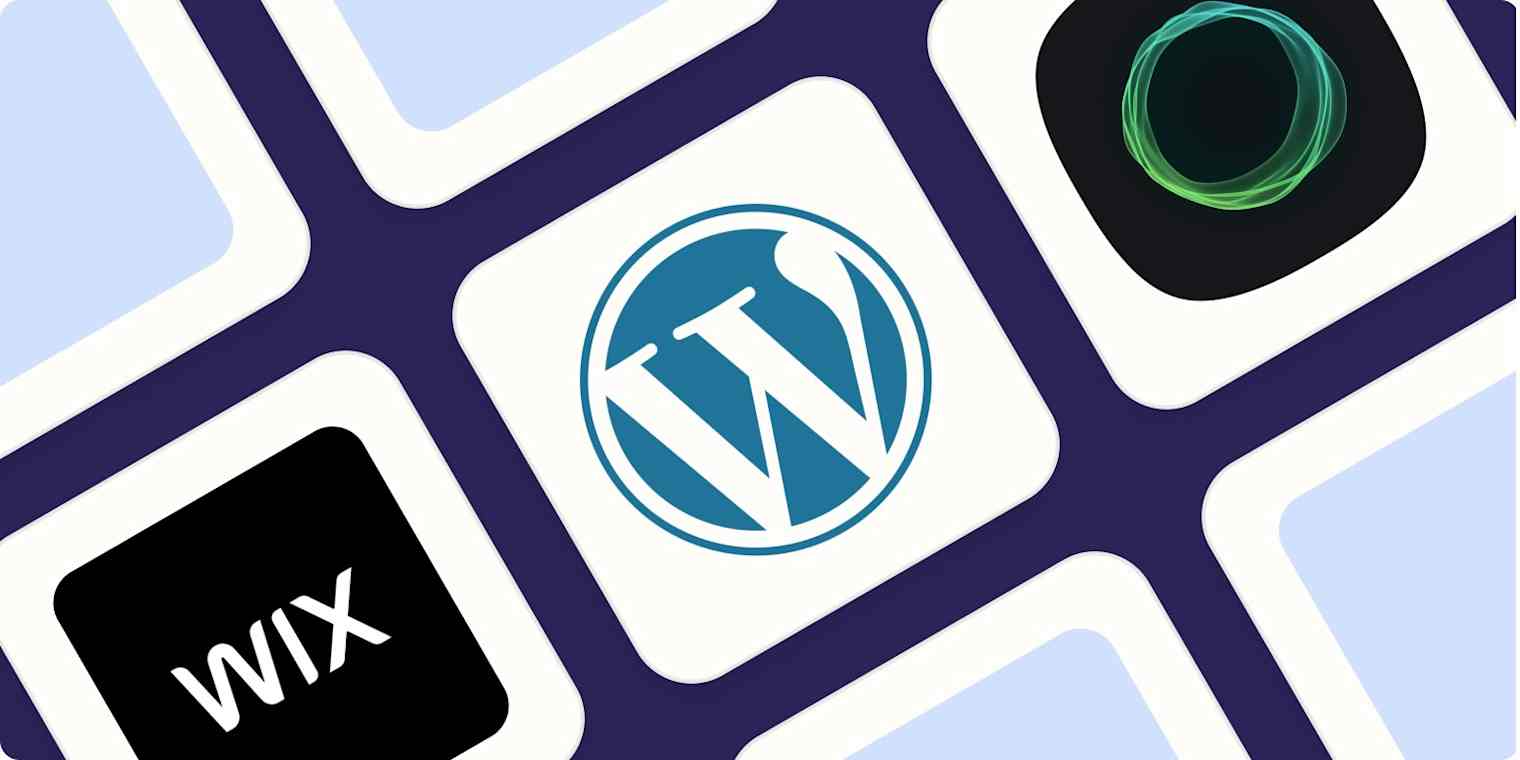The 5 best blog sites for building a successful blog in 2025
Choose the best blogging platform to showcase your content.

We independently review every app we recommend in our best apps lists. When you click some of the links on this page, we may earn a commission. Learn more.
Blogging is far from dead. As the last two years of X-formerly-Twitter drama has shown, allowing a social media platform to control your access to your audience has big risks. If you want a platform where you can share your thoughts properly and keep control of things, it’s impossible to beat a blog. Plus, you can always share your blog posts on social media, through a newsletter, and anywhere else. The whole point of a blog is that it’s your content to do with as you will.
Similarly, if you run a business and want to provide resources and recommendations to customers, the best way to do it is often to add a blog to your website. Best of all, your blog content gets indexed by Google—unlike almost all social media posts—so you can drive potential customers to your business through content marketing (and without having to pay for ads). Look at the blog you’re reading right now: Zapier blog posts get millions of views per month and are one of the most valuable ways of getting new customers at Zapier.
After testing all the most popular blog sites out there, these are the five best. And yes, two of them are WordPress, but there are a few great WordPress alternatives in here too.
The 5 best blog sites
-
WordPress.org for total control
-
WordPress.com for getting started quickly
-
Ghost for an alternative to WordPress
-
Wix for easily building more than a blog
-
Blogger for using your own domain for free
What makes the best blogging platform?
How we evaluate and test apps
Our best apps roundups are written by humans who’ve spent much of their careers using, testing, and writing about software. Unless explicitly stated, we spend dozens of hours researching and testing apps, using each app as it’s intended to be used and evaluating it against the criteria we set for the category. We’re never paid for placement in our articles from any app or for links to any site—we value the trust readers put in us to offer authentic evaluations of the categories and apps we review. For more details on our process, read the full rundown of how we select apps to feature on the Zapier blog.
Blogs have been around since the earliest days of the internet, so most people have a pretty solid idea of what one is—even if they’ve never really thought to spell it out. Here’s how I think about it: a blog is a website, maybe with a few other pages, but the most important part is the feed of blog posts in reverse chronological order.
There’s a thin line between the software you need to create a blog and the kind of content management systems (CMS) used by large companies to power their websites. Many tools like WordPress and Drupal can be used to both build a blog or power a regular website (or do both at once).
When I was putting together this list, I used two criteria to decide on the essential blog-iness of the tools I was testing. They had to make it quick and easy to set up a real blog, and the backend where you write blog posts had to be nice to use and fully-featured. Squarespace, for example, is a great website builder that makes it possible to build a blog, but it’s not particularly intuitive to set up, and the backend is awful to use. Drupal is an incredible CMS, but it’s just too hard for non-developers to get started with to really be considered a universal blogging platform. I’ve tried it—it’s just not worth the hassle for most people. WordPress, on the other hand, is both quick and easy for a regular human to launch a blog—and the backend is intuitive and great to use.
So, on this list, you’ll only find tools that pass the essential blog-iness test. But that wasn’t enough. I also required all the blogging tools to be:
-
Customizable. A big part of blogging is having a customized site, rather than just another generic Instagram account. I wanted tools that would allow you to choose your own theme and create your own branded blog. The easier it was to do, the better.
-
Well supported. While I wanted the tools on this list to be as easy to use as possible, when you’re setting up a website, you’ll almost always encounter some weird technical stuff. I required these tools to have either a community of users writing tutorials and helping people solve problems or a dedicated customer care team. (Which support option you have to rely on generally comes down to how much you’re prepared to pay per month.)
-
Affordable. This isn’t a list of the cheapest blogging platforms, but af
